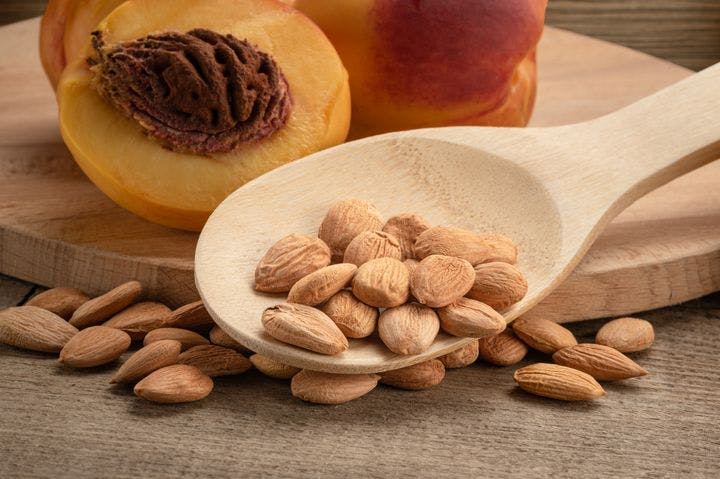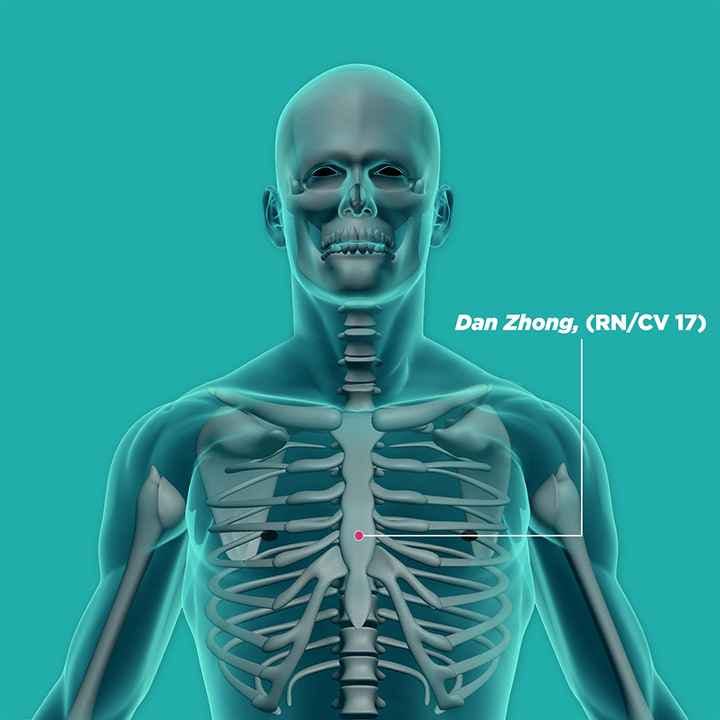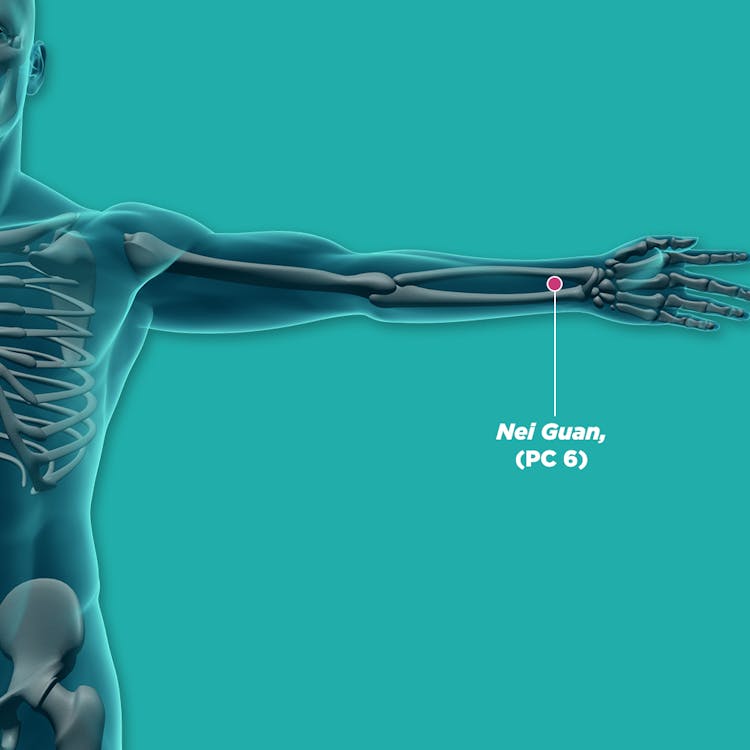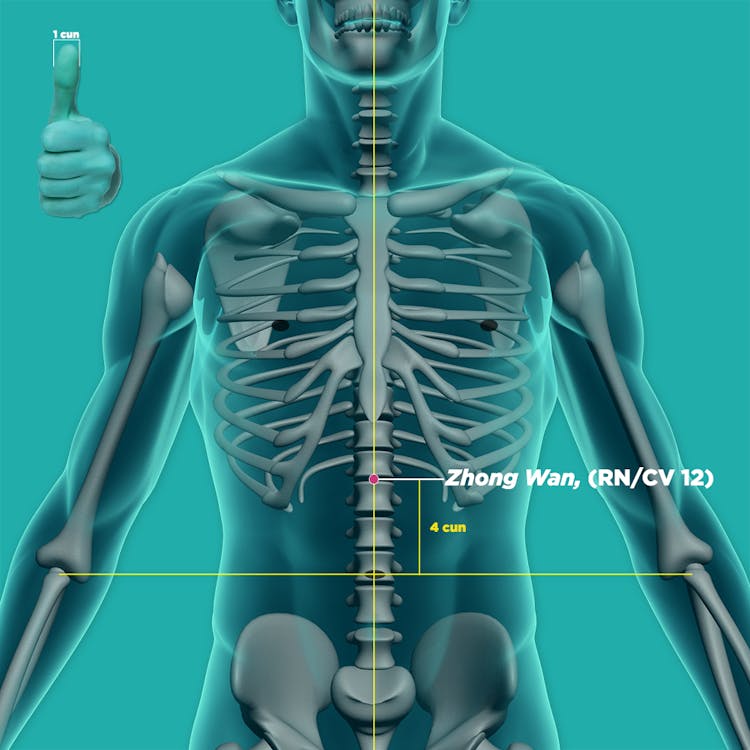Chest Pain: Is It a Sign of a Heart Attack?
Published | 6 min read
While chest pain is often associated with a heart attack, there are other possible explanations for it. Read on to learn more.

Because of its connection to heart attacks, chest pain can be worrying. While this symptom has been linked to milder conditions, and most related emergency room visits result from non-cardiac issues, it should be taken very seriously.
Read on to understand the different causes of chest pain and how Traditional Chinese Medicine (TCM) can help address the underlying causes.
Why We Get Chest Pain
Your chest cavity houses many organs including the heart, lungs, and stomach. Feeling tightness, burning, or any other discomfort in your chest could be symptomatic of trouble within these organs.
The following are possible reasons behind a pain in your chest:
Lack of oxygen
Your heart muscle needs a steady flow of oxygen-rich blood to function. An oxygen-starved heart may cause an angina—a chest pain related to heart disease. When your heart is so low on oxygen that it stops pumping altogether, this results in a heart attack.
Inflammation
Infections or exposure to toxins can lead to inflammation in the linings of your organs. When those of the organs in your chest are inflamed, they send burning pain signals through nearby nerves. For instance, when the oesophagus is inflamed as a result of GERD, you may feel a burning sensation in your chest, just under the breastbone.
Pressure
Ever felt a sharp pain on the right side of your chest? This could be due to gallstones. Your gallbladder, located just under your liver, swells up and exerts pressure on the surrounding organs. Other conditions like breast mastitis can also put pressure on your chest and cause pain.
Constricted airways
You can also experience pain in your chest when your air passageways narrow and swell. Constricted airways are linked to asthma, persistent cough, and chronic obstructive pulmonary disease (COPD). These conditions make it difficult to breathe, which in turn leaves your chest feeling tight and heavy.
Muscular or skeletal injury
If you’ve ever had a broken rib, fractured sternum (breastbone), or strained pectoral muscle, you’ll recognise the ache in your chest immediately. It worsens when you try taking a deep breath or moving your arms.

Psychosomatic pain
Mental stress can cause the muscles in your body, including those in your chest, to tense up. This is why it’s common to feel chest pain when you’re having an anxiety attack.
Imbalances in the organ systems
Real Health Medical’s Chief TCM Physician Chu I Ta explains the causes of chest pain in Traditional Chinese Medicine (TCM).
Kidney and Liver Deficiency
Diet-induced damage to the Spleen and stomach
“Overeating fatty, sweet food and greasy food or having an alcohol addiction may damage the function of the Spleen and stomach, leading to sluggishness caused by phlegm.”
Real Medical Chief TCM Physician Chu I Ta
Emotional issues
Complementing the concept of psychosomatic pain, TCM also recognises the connection between mind and body pain. Excessive worry damages the Spleen, generating Phlegm-Dampness or sluggishness, which results in chest pain. Suppressed anger may also produce the same effect since it damages the Liver and increases phlegm.
Internal attack of Pathogenic-Cold
Insufficient Yang in the chest results in excessive Cold from Qi Stagnation. This often manifests as discomfort in the same area.
Treating Chest Pain
Different causes of chest pain require different treatments based on the medical diagnosis. You can consider TCM as a complement to clinical treatment. A licensed TCM practitioner will first determine the syndrome and review your unique conditions prior to customising a treatment regimen.

Herbal therapy
Certain herbs can diminish the intensity of chest pain by treating it at the source. Take heart-blood obstruction, for instance—a syndrome that counts chest pain and a dark-purple tongue among its symptoms. In this case, the treatment goal is to circulate blood, resolve Stasis, clear the meridians, and ease the ache.
A common TCM formula for this is
Acupressure massage
You can also try massaging a few acupressure points at home. Here are three to start with.

Dan zhong (CV17, 膻中): Improves qi and blood circulation. Helpful for respiratory health as well as chest pain.

Nei guan (PC06, 内关): Useful for general relaxing of the body and chest.

If you’re reading this and feeling a discomfort in your chest, chances are it’s probably not a heart attack—unless the pain is accompanied by other tell-tale symptoms like light-headedness and shortness of breath.
The good news is this: a few sensible lifestyle changes can keep you from getting to that point. These changes include eating a balanced diet, engaging in regular exercise, and avoiding bad habits like smoking and binge drinking.
Have you suffered from chest pain lately? Get peace of mind—and body—by consulting a doctor immediately.
Remember, information is the best preparation. Share this article with the people you love to future-proof against sudden chest pain.
References
- Cleveland Clinic. 2022. Noncardiac Chest Pain. [online] [Accessed 16 January 2023]
- Cleveland Clinic. 2022. Chest Pain. [online] [Accessed 16 January 2023]
- Medicine. 2015. Efficacy and Safety of a Traditional Chinese Herbal Formula Xuefu Zhuyu Decoction for Hypertension. [online] [Accessed 16 January 2023]
Share this article on
Was This Article Useful to You?
Reviews (1)
it was life saving, it was a great service. keep up the good work






